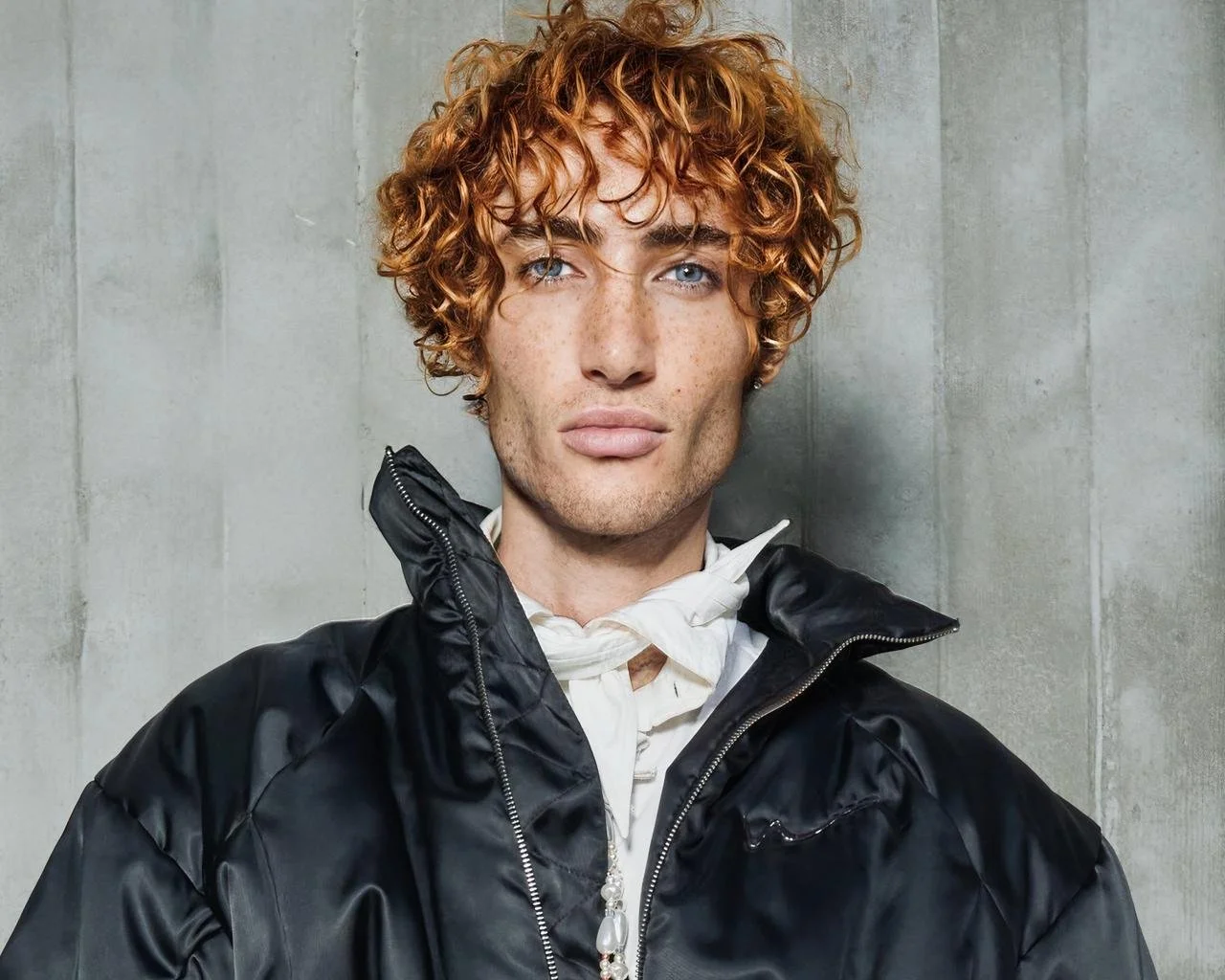Jacob Abrian on Why Dubai Fashion Week Is Redefining the Global Map
Dubai is no longer content to be seen as merely a consumer of fashion. With Dubai Fashion Week — co-founded by the Arab Fashion Council (AFC) and Dubai Design District (d3) — the region is asserting itself as a producer of ideas, talent, and new industry standards. At the center of this shift is Jacob Abrian, CEO and Founder of the Arab Fashion Council, whose mission is to transform how the world views the Middle East’s creative landscape.
In this conversation with Author Magazine, Abrian speaks about infrastructure, sustainability, luxury, and the identity of Dubai as an emerging fashion capital.
Oona Chanel: The Middle East is often seen as a consumer market more than a creative exporter. What is the one structural shift that could finally change this perception?
Jacob Abrian: The Middle East has long been seen as a powerful consumer market, but what will truly change the narrative is investing in our own creative infrastructure. We have extraordinary talent here, and the shift comes when we stop exporting ideas elsewhere and instead build the ecosystem that allows designers to thrive at home — from mentorship and accessible manufacturing to global visibility. That’s why platforms like Dubai Fashion Week are so vital: they don’t just showcase collections, they cultivate an entire value chain. When that ecosystem is fully in place, the Middle East will no longer just consume fashion — it will set the agenda for it.
Oona: Fashion is often accused of being spectacle without sustainability. How can Dubai Fashion Week prove that spectacle and responsibility can coexist in a way that shifts industry standards?
Jacob: Dubai Fashion Week proves this by embedding sustainability into every aspect of the event. Recognising fashion’s environmental impact, the Arab Fashion Council launched the AFC Green Label to promote responsible practices. The initiative supports designers worldwide who use ethical materials and sustainable methods, providing them with a platform during Dubai Fashion Week. By highlighting creativity alongside conscious choices, the AFC Green Label shows the industry that spectacle and responsibility are not opposites — they can elevate each other.
Oona: The word “luxury” is constantly being redefined. From your vantage point, what does luxury mean today in the Middle East — and how will that definition shape the global market?
acob: Luxury today is no longer just about price or exclusivity — it’s about meaning, authenticity, and connection. In the Middle East, luxury resonates when it tells a story, reflects culture, and creates an emotional bond with the wearer. It’s about craftsmanship and quality, of course, but also about celebrating identity and heritage in a modern, relevant way. As our region increasingly influences global trends, this narrative-driven definition of luxury will shape the global market — where value comes as much from a piece’s story and impact as from its material worth.
Oona: Every fashion capital has its identity: Paris is heritage, Milan is craft, London is risk. If Dubai is still being defined, what core identity do you believe will set it apart?
Jacob: To me, Dubai is boldness, diversity, and a forward-looking vision. We sit at the intersection of tradition and modernity, where heritage meets innovation and technology. Dubai Fashion Week is about more than clothes — it’s about celebrating ideas, giving new voices a platform, and showing that fashion here can be daring, inclusive, and globally relevant. Our identity will be defined by pushing boundaries, embracing the future, and staying true to our culture and community.
Oona: Looking ahead, if Dubai Fashion Week is to shape not just a regional but a global future, what will its greatest contribution to the fashion world be?
Jacob: Unlike other fashion weeks, we offer 360° support — not just exposure on the runway. Its greatest contribution will be seen in three ways. First, by championing emerging designers alongside established names, giving them both visibility and commercial pathways through initiatives like our dedicated buyers programme. Second, by creating platforms like Threads Talks by Meta, where panel discussions connect thought leaders, creatives, and industry pioneers. And third, by embedding sustainability through the AFC Green Label, proving that spectacular runway shows can coexist with responsibility.
“Dubai is boldness, diversity, and forward vision — a fashion capital defined by both heritage and innovation.”
Interview by Oona Chanel


